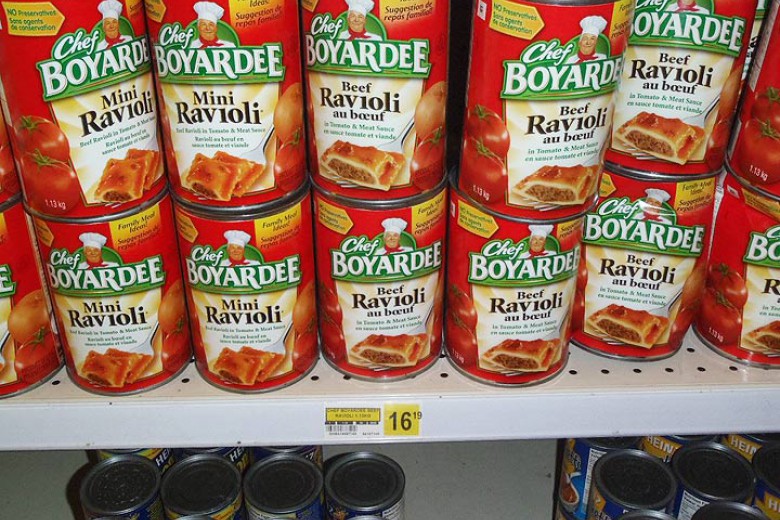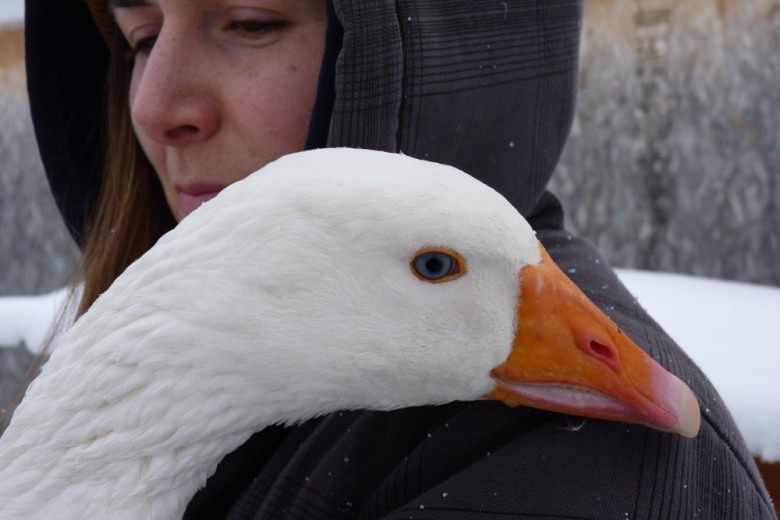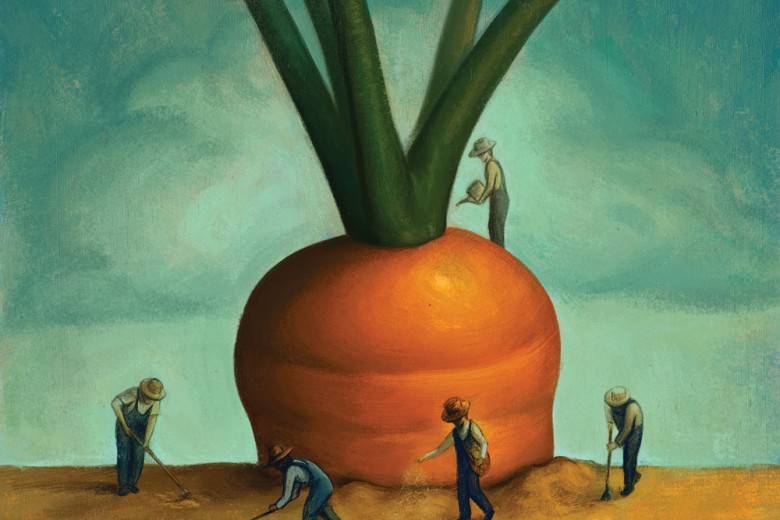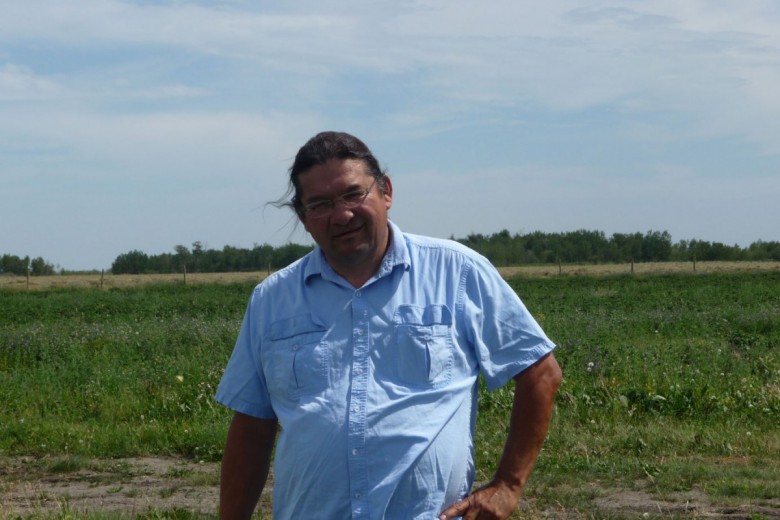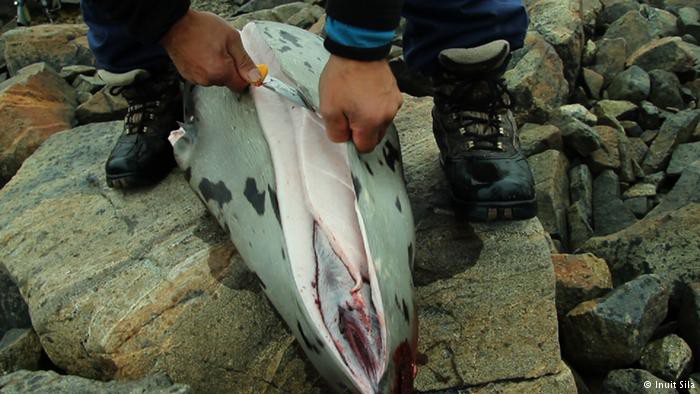
I came to the realization the other day that one of the most effective ways I can contribute to community food security is by becoming a gun-toting prepper. This happened, for some reason, while I was watching the latest movie in the Hunger Games saga, but the point is that even if the proverbial shit never does hit the fan, it’s important to be able to secure our own shared food sources.
So, by “gun-toting prepper,” what I really mean is learning to hunt. Animals, that is. Not people. Let me also be clear that I believe that at best, preppers are melodramatic, and at worst, they incite fear and hysteria. However, there is reason to believe that we cannot indefinitely enjoy the industrial standard of living that we experience today. Earth’s resources are not unlimited, but we treat them like they are. And in the future, the option of popping by a store or restaurant to pick up supper may not be as affordable and convenient as it is today.
While you probably know that localizing your food supply is a good idea and that eating wild meat is healthier and more environmentally friendly than eating conventionally farmed meats, you may not realize that eating local wild meat can be more sustainable than eating a strictly vegetarian or vegan diet. This fact was emphasized for me recently when reading about how the demand for quinoa has led to its conversion from a local staple in Peru and Bolivia to an export monocrop that diminishes food security for local people. Similarly, year-round demand for the export of asparagus has dangerously depleted water resources in the Peruvian asparagus region, while land clearing for soybean production and cattle ranching are leading causes of deforestation in South America.
As I watched the drama unfold in The Hunger Games, I thought about the benefits of hunting your own meat (or securing it from a local hunter). An article in the Journal of Nutrition Education and Behavior defines community food security as “a situation in which all community residents obtain a safe, culturally acceptable, nutritionally adequate diet through a sustainable food system that maximizes community self-reliance and social justice.” Wild meat often fulfills all these criteria. First, you know where your food comes from and can get it yourself without relying on the global distribution network. Second, you either learn new skills in hunting and butchering your own food, or you support your local economy and a community member’s skills if your local wild meat comes from someone else. Third, you are less likely to be contributing to the gentrification of the food system. Fourth, wild meat is leaner and thus healthier. And fifth, hunting sidesteps all the ethical pitfalls of buying factory-farmed meat.
To date, my experience with hunting has all been while I was living in Labrador. It’s still common in Labrador for people to source their own food through hunting, gathering, and fishing. The community I lived in was very welcoming and I was quickly invited over to eat wild meat. And soon after I arrived, I received a further invitation to help clean and process a variety of hunted animals, including partridge, geese, caribou, seal, and porcupine – and I learned valuable skills in doing so. I was also lucky enough to be invited to participate in a seal hunt. It wasn’t the type of seal hunt that you’ve maybe seen in PETA videos. Everyone I knew in Labrador only hunted adult seals for personal consumption (not commercial sales) and many people used as much of the animal as possible to make items such as sealskin boots.
The whole process seemed a hell of a lot more sustainable than buying meat or vegetables at the grocery store that are shipped in from who-knows-where and fed or sprayed with who-knows-what. And in Labrador and other remote areas, hunting can be more economically viable than paying the inflated prices for inferior supermarket food. Even if you don’t hunt yourself, it is almost certain that you know people who do. Perhaps one of the most overlooked aspects of hunting is how common sharing and bartering are in communities where people hunt. It is not unusual for people’s freezers to be full of meat from others.
So, take this as a call to source and eat local wild meat in reasonable (not Texas-sized) quantities and portions. Then, pat yourself on the back as you tackle multiple issues at once: preparing for the Apocalypse, making choices that benefit your local economy and your health, and learning new land-based skills that ground your environmental ideals. Finally, a dietary plan that is healthy for people, positive for the planet, and tastes good, too.


